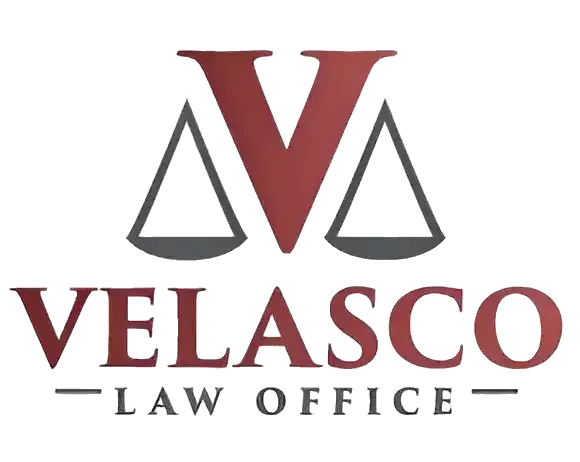How to Avoid Probate in New Jersey: Legal Tools and Strategies
How to Avoid Probate in New Jersey: Legal Tools and Strategies
Probate is the legal process through which a deceased person’s assets are distributed and their debts settled. In New Jersey, probate can be time-consuming and may lead to additional legal fees, public exposure of financial affairs, and delays in asset distribution. Fortunately, there are several strategies individuals can use to avoid probate and ensure a smoother transfer of assets to loved ones.
At Juan C. Velasco, Esq., we assist individuals and families across New Jersey in crafting estate plans that minimize the impact of probate—or eliminate it entirely.
Why Avoid Probate?
Avoiding probate offers multiple advantages, including:
- Faster distribution of assets to beneficiaries
- Increased privacy, as probate proceedings become part of the public record
- Reduced costs associated with court filings and attorney fees
- Less stress for surviving family members
Common Ways to Avoid Probate in New Jersey
- Revocable Living Trusts
A revocable living trust is one of the most effective tools to avoid probate. When you transfer assets into a trust during your lifetime, those assets are no longer part of your “probate estate.” Upon your death, your chosen successor trustee can distribute assets to beneficiaries without court intervention. - Joint Ownership with Right of Survivorship
Property held jointly—such as a home or bank account—automatically transfers to the surviving owner upon one party’s death. This method avoids probate entirely for the jointly owned asset. - Payable-on-Death (POD) and Transfer-on-Death (TOD) Designations
Bank accounts and certain investment accounts can include POD or TOD designations, which name a beneficiary to receive the account balance after death. These assets bypass probate and are transferred directly to the named individual. - Beneficiary Designations on Life Insurance and Retirement Accounts
Life insurance policies, IRAs, and 401(k)s allow you to name beneficiaries. These designations ensure that the proceeds pass directly to your beneficiaries outside of probate. - Small Estate Affidavit (if applicable)
For smaller estates, New Jersey allows a simplified process through a small estate affidavit. While this doesn't technically avoid probate, it expedites the process significantly for estates that qualify.
Importance of Proper Legal Guidance
Even with these tools, avoiding probate requires careful planning and proper legal documentation. Failing to update beneficiary designations, neglecting to fund a trust, or improperly titling assets can undermine your intentions.
That’s where Juan C. Velasco, Esq. can help. Our firm guides New Jersey residents in developing comprehensive estate plans that align with their goals and preserve their legacy without the burden of probate.
Get Help Avoiding Probate in New Jersey
Avoiding probate is not only possible but often advisable. Whether you’re planning your own estate or handling the affairs of a loved one, working with an experienced legal professional can make all the difference. Contact Juan C. Velasco, Esq. to start building an estate plan that keeps your assets protected and your family secure.









